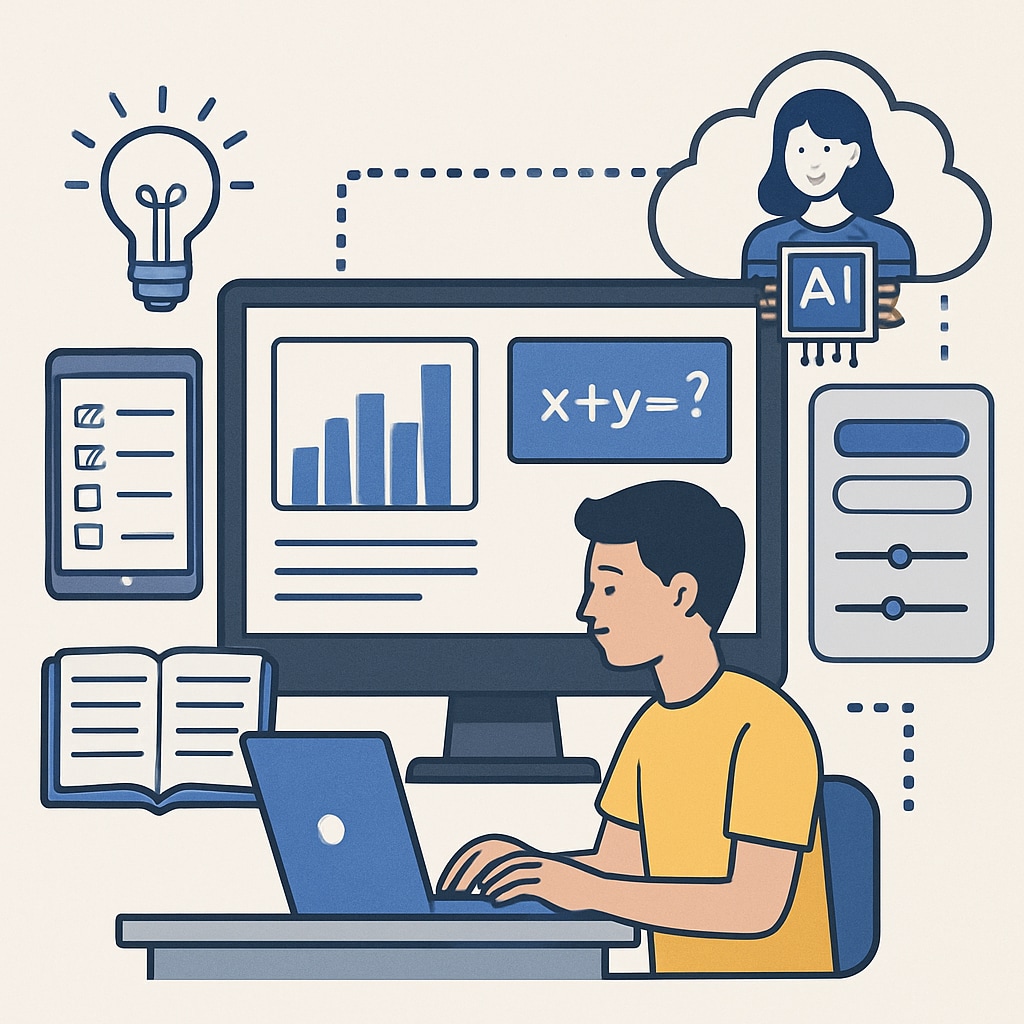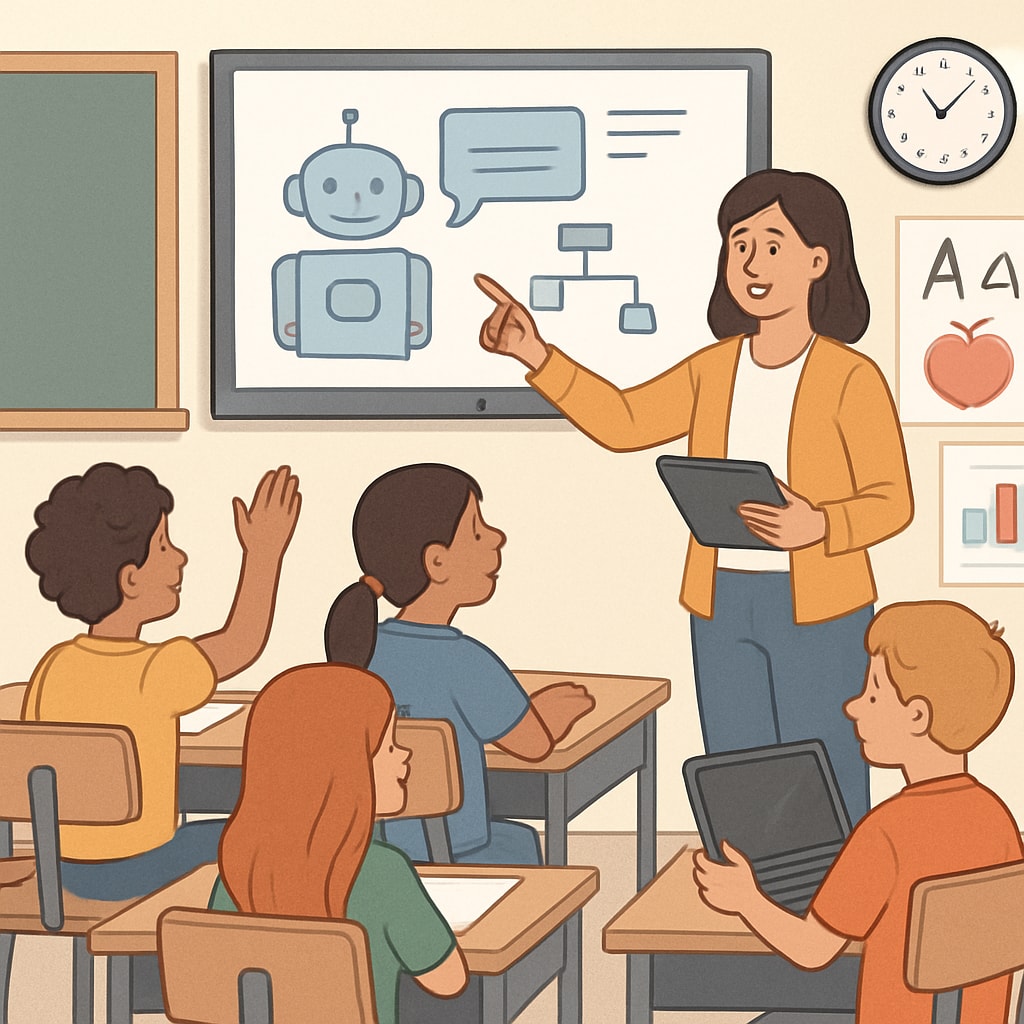Artificial intelligence (AI) is rapidly becoming an integral part of school education, reshaping traditional teaching methods and paving the way for innovative learning experiences. Its impact on K-12 education, both current and in the next decade, is profound. From personalized learning experiences to shifting teacher roles and transforming assessment systems, AI has the potential to revolutionize the way students learn and grow. However, this evolution also brings challenges that educators must address to fully harness AI’s benefits.
Personalized Learning: Tailoring Education to Individual Needs
One of the most significant ways AI is influencing K-12 education is through personalized learning. AI-powered tools can analyze student performance, identify strengths and weaknesses, and create customized learning paths tailored to individual needs. For example, AI platforms like Khan Academy leverage adaptive learning technologies to ensure students progress at their own pace.
Moreover, AI can provide real-time feedback, enabling students to correct mistakes immediately and deepen their understanding. As a result, learners receive the support they need to thrive, regardless of their skill level or background.

Redefining the Role of Educators
While AI offers incredible tools for personalization, it also reshapes the role of teachers. Educators are no longer solely responsible for delivering content; instead, they act as facilitators, guiding students through AI-driven resources and focusing on critical thinking, emotional intelligence, and creativity.
For instance, AI can manage routine tasks such as grading and administrative work, freeing teachers to concentrate on more meaningful interactions with students. However, this shift requires professional development and training to ensure educators are equipped to integrate AI effectively into their classrooms.

Transforming Assessment and Evaluation Systems
Traditional assessment methods often fail to capture the full scope of a student’s abilities. AI is changing this by introducing dynamic evaluation tools that measure not only academic performance but also problem-solving skills, collaboration, and creativity.
For example, AI-driven platforms can analyze written essays or project-based work, offering detailed insights into students’ thought processes. This comprehensive approach to assessment helps educators better understand each student’s progress and areas for improvement.
Challenges and Ethical Considerations
Despite its benefits, the integration of AI into K-12 education is not without challenges. Privacy concerns, data security, and potential biases in AI algorithms are critical issues that need to be addressed. Additionally, schools in underserved communities may struggle to access AI technologies, widening the digital divide.
As a result, policymakers and educators must work together to establish clear guidelines and ensure equitable access to AI-powered tools for all students.
Conclusion: Embracing the Future of Education
Artificial intelligence is transforming K-12 education, offering unprecedented opportunities to enhance learning experiences and streamline educational processes. By embracing AI’s potential while addressing its challenges, educators and administrators can create a future where every student has the chance to succeed.
As AI continues to evolve, the collaboration between technology developers, educators, and policymakers will be essential to ensure its positive impact on school education systems worldwide.
Readability guidance: Use concise paragraphs and lists to summarize main points; ensure logical transitions between sections; maintain balance between active and passive voice; and include examples to clarify concepts.


